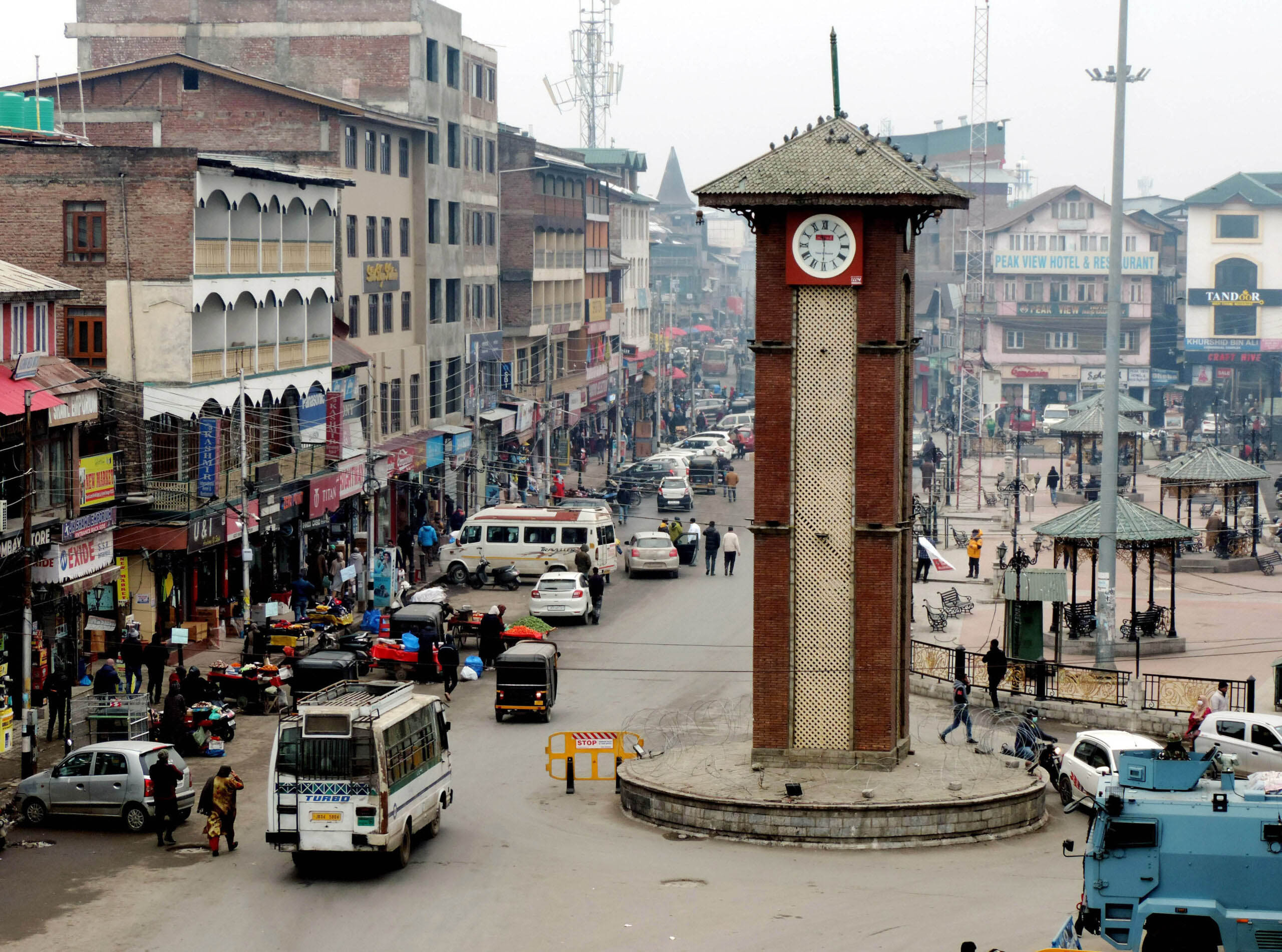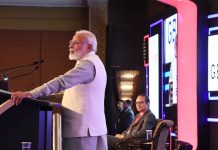
Gen Asim Munir’s role in the on-going tussle between Sharif-led coalition government and former PM Khan will be keenly watched. It also remains to be seen whether he will continue with the ‘dovish’ approach adopted by his predecessor, Gen Bajwa towards India, writes Riyaz Wani
With the appointment of the new Pakistan Army chief General Asim Munir, his predecessor General Qamar Javed Bajwa’s contentious six-year tenure has come to an end. The latter’s last year as chief will always be remembered for the ouster of Imran Khan as prime minister and the political turmoil that followed it culminating in an assassination attempt on Khan.
The turmoil still prevails in Pakistan and it would be interesting to see how General Munir would seek to resolve it. And whether he would act neutral in the true sense of the term amid the on-going tussle between the current coalition government and Khan, who is currently leading a march against the government.
To predict General Munir’s future moves won’t be easy but knowing where he comes from would certainly help. General Munir has been a close aide of Gen Bajwa ever since he commanded troops in the Force Command Northern Areas as a brigadier under the outgoing army chief, who was then Commander X Corps.
He was later appointed Military Intelligence director general in early 2017, and in October next year was made the Inter-Services Intelligence chief.
However, his stint as the top intelligence officer turned out to be the shortest ever, as he was replaced by Lt Gen Faiz Hamid within eight months, on the insistence of the then Prime Minister, Imran Khan. So General Munir is expected to be not sympathetic to Khan and rather be more inclined to continue supporting Shahbaz Sharif’s government. But under the circumstances, when Khan has emerged as the most popular Pakistani leader, such an approach would mean continuing instability in the country in the run up to next year’s national election. Khan, who sees his ouster as part of a regime-change conspiracy encouraged by the United States, has been demanding an early election.
However, beyond what General Asim does to resolve Pakistan’s ongoing turmoil, it would be interesting to see his approach towards India and also vis-a-vis the situation in Kashmir. During Bajwa’s term in office, Pakistan largely exercised restraint in its dealings with India. This despite the fact his term witnessed the 2019 Pulwama attack that killed over 40 security personnel leading to the first aerial dogfight between the two neighbours in 48 years. Earlier in 2016, Pakistan didn’t respond when India carried out a surgical strike across the LoC.
What is more, Pakistan stopped short of militarily escalating the situation when in August 2019, New Delhi revoked Article 370 that granted J&K an autonomous status under the Indian constitution – albeit, it did raise diplomatic ante which, in turn, achieved nothing. Pakistan also didn’t escalate militancy in Kashmir, as many analysts had warned. A year later, in a dramatic turn of events, Pakistan engaged in a back-channel dialogue with India and by February 2020 the two countries re-affirmed the 2003 ceasefire agreement along Line of Control.

There was suddenly a brief spell of bonhomie between the two countries. Both the then Pakistan Prime Minister Khan and the Army chief Bajwa called for dialogue and resolving the Kashmir issue in a peaceful manner. Bajwa even said that it was time for the two countries to “bury the past,” and move on. India, however, remained cool to these overtures.
Pakistan wanted to place Kashmir at the front and centre of its dialogue with New Delhi which is unacceptable to the government in New Delhi led by Prime Minister Narendra Modi. Islamabad is also reported to have asked India to restore Article 370 that granted J&K its special status. However, India sees it as irreversible. The unmistakable signal to Pakistan has been to temper its expectation about the extent to which India can accommodate it on Kashmir.
As always, India wants terrorism to be the central issue and wants Pakistan to stop supporting militancy in Kashmir. Pakistan doesn’t accept it backs terrorism. The result is that the two neighbours have failed to build on the goodwill. There have been no further measures, nor does it look likely there will be one in the near future. New Delhi seems in no hurry to do this. If anything, this only goes on to show that India feels little need or pressure to relent
Will he toe Gen Bajwa’s line?
Under General Bajwa, we saw the Pakistan Army chief calling for “geo-economics” to replace geopolitics as a way to ensure peace and prosperity in the region. But while he presented a mellowed face of the Pakistan Army, little headway was made in ending the diplomatic freeze that came about in the wake of the Pulwama terror attack and the constitutional changes in the special status of Jammu and Kashmir. It’s crucial to recognise that Shehbaz Sharif currently leads an unsteady coalition government and that Imran Khan isn’t ready to take it lying down despite losing the no-confidence motion in the National Assembly.
There seems little possibility of extending the peace that had been brought about by the resumption of the 2003 ceasefire along the LOC. Or for the dialogue between the neighbours to resume. More so, with the two countries scheduled to go to polls in the next two years – Pakistan in 2023 and India in 2024.
Would General Munir review the policies of his predecessor internally and externally? Internally, it remains to be seen whether he takes steps to resolve the current crisis in the country and order elections ahead of their due date, as demanded by Khan. But considering he was removed as DG ISI by Khan, it seems unlikely he will take the side of Khan in the ongoing political tussle in the country. And this is also why he is believed to have been selected by Prime Minister Shahbaz Sharif in the first place. In such a situation, the current instability in Pakistan is likely to continue.
As for India, General Bajwa adopted a dovish approach, choosing never to escalate the situation, not even in the wake of the withdrawal of Article 370 when Pakistan was expected to react more aggressively to India’s action. In fact, the militancy in the valley over the last three years has been at its lowest ebb. It has predominantly been led by the local Kashmiri youth, most of whom have been killed in encounters with the security forces.
Would General Munir be any different? Again, it remains to be seen. But considering the tough geopolitical and the economic situation Pakistan is in, there is little room for Pakistan to flex its muscles. In any case, the coming weeks and months will be crucial in gauging how General Munir chooses to deal with Pakistan’s challenges.













